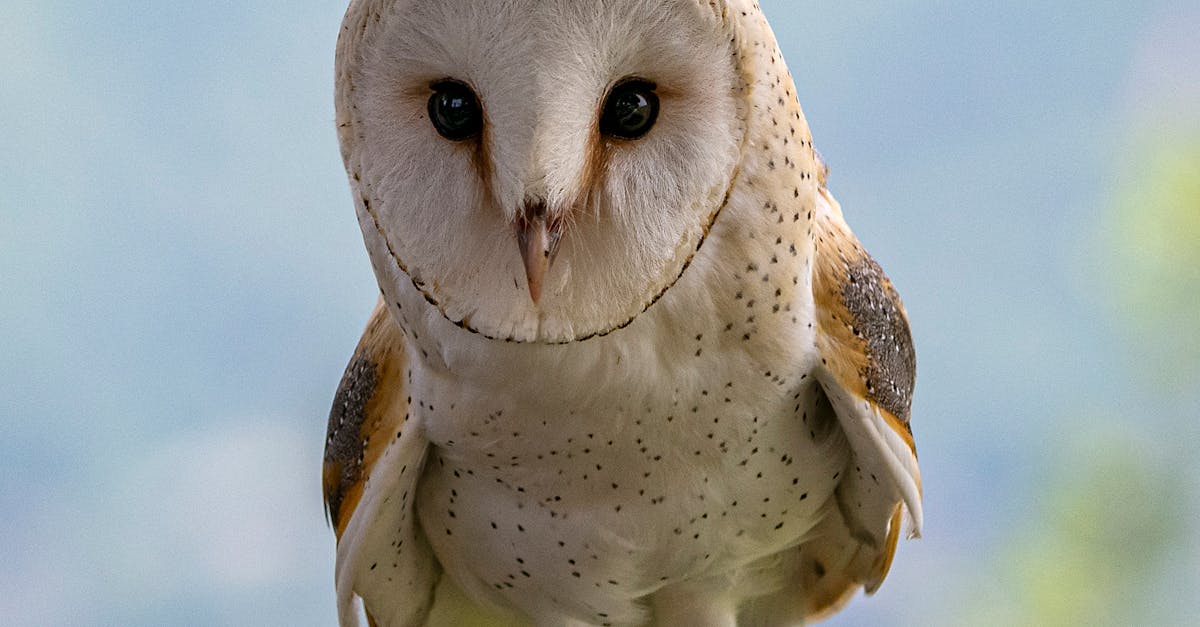As a cat parent, you've probably found yourself wondering if your feline friend can share some of your snacks. Coconut, with its tropical appeal and increasing popularity in human diets, might seem harmless. But is it safe for cats? Let's explore this question with a vet-reviewed perspective to ensure your kitty stays healthy and happy.
🩺 Vet Insight
Coconut, in small amounts, is generally not toxic to cats. However, that doesn't mean it's automatically safe or ideal for them. Cats are obligate carnivores, meaning their dietary needs are centered around animal protein. While coconut is plant-based, its fat content and certain compounds may pose risks if consumed in large quantities.
Most cats are curious creatures, so they might nibble on coconut or coconut-based products if offered. Occasional, tiny portions of raw coconut or unsweetened coconut milk are unlikely to harm your cat. However, coconut's high-fat content can lead to digestive upset, such as diarrhea or vomiting, and long-term consumption could contribute to weight gain or pancreatitis.
It's also essential to differentiate between fresh coconut and processed coconut products. Many store-bought coconut items contain added sugar, preservatives, or other ingredients that can be harmful to cats.
⚠️ Ingredients to Avoid
While coconut itself is not toxic, there are certain coconut-based products and forms that can be problematic for cats. Here's what to watch out for:
- Coconut oil: Although popular among pet owners for its supposed health benefits, coconut oil is very high in fat. Ingesting too much can lead to gastrointestinal upset and weight gain.
- Sweetened coconut: Dessicated coconut or coconut treats often contain added sugars, which are not suitable for cats and can lead to obesity or dental problems.
- Coconut-flavored desserts: Items like coconut cream pie, coconut cookies, or flavored yogurts usually contain artificial sweeteners like xylitol, which is highly toxic to pets.
- Coconut water: Though often marketed as a health drink for humans, coconut water is high in potassium, which can disrupt your cat’s electrolyte balance if consumed in large amounts.
When it comes to your cat’s diet, simplicity is key. Stick to foods specifically designed for their nutritional needs to avoid any accidental harm.
✅ Safer Alternatives
If you're tempted to share a treat with your cat, there are plenty of safer and more appropriate options than coconut. Here are some vet-approved alternatives:
- Cooked, unseasoned chicken or turkey: Cats thrive on lean proteins, and small, cooked portions can make an excellent treat.
- Cat-friendly snacks: Opt for commercial cat treats that are nutritionally balanced and formulated specifically for felines.
- Small amounts of plain, cooked fish: Salmon or whitefish (without added seasoning) can be a tasty and safe snack.
- Freeze-dried meat treats: These are high in protein and mimic a cat’s natural diet.
Always introduce new foods gradually and in moderation to monitor your cat’s reaction. If you're unsure about a specific treat, consult your veterinarian before offering it to your pet.
💡 Final Advice
While coconut isn't toxic to cats, it's not a necessary or ideal addition to their diet. Small amounts of fresh, unsweetened coconut might be safe as an occasional treat, but it’s best to avoid processed coconut products that could contain harmful additives. Keep in mind that cats have unique dietary requirements, and their food intake should be carefully managed to support their overall health.
If your cat accidentally consumes a large amount of coconut or a coconut-based product and shows signs of distress, such as vomiting, diarrhea, or lethargy, contact a veterinarian promptly. When in doubt, it's always better to err on the side of caution and stick to a diet designed specifically for your feline friend.
FAQs
Q: Can cats eat coconut oil?
A: Coconut oil is not toxic to cats, but it is very high in fat and can cause digestive upset if consumed in large amounts. It’s best to avoid giving your cat coconut oil unless recommended by your vet for specific reasons.
Q: What should I do if my cat eats a lot of coconut?
A: Monitor your cat for symptoms like vomiting, diarrhea, or lethargy. If these occur or if you're concerned, contact a veterinarian for advice. A small amount is unlikely to cause harm, but excessive consumption could lead to digestive issues.
Q: Is coconut milk safe for cats?
A: Unsweetened coconut milk in tiny amounts may not harm your cat, but it's not a necessary or beneficial addition to their diet. Always avoid sweetened or flavored coconut milk, as it may contain harmful ingredients.
Book a $49 online vet consultation at https://www.dialavet.com for fast, expert advice.























